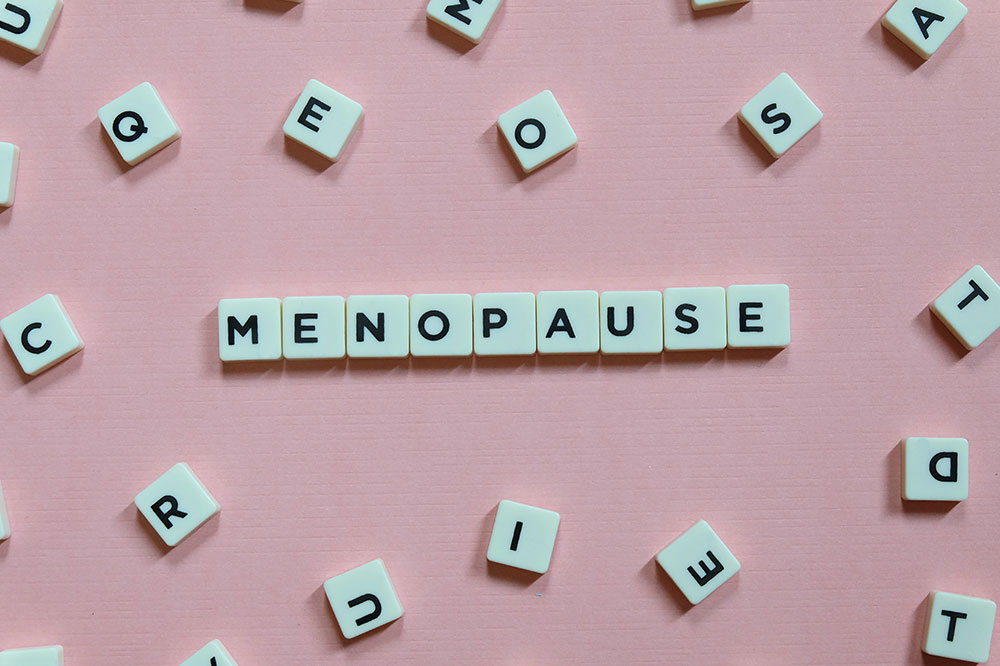
The Relation Between Menopause and Breast Cancer
Menopause is a natural process that leads to the decline of the reproductive hormones among women approaching their 40s or 50s. The condition is not directly considered a reason behind the development of cancer, like breast cancer, but age and drugs used to treat the symptoms of menopause can lead to an increased risk of cancer. Here are some of the risk factors to consider about breast cancer arising due to menopause:
1. Being overweight
Postmenopausal women must check their weight as the increase in fat tissue after menopause may lead to elevation of estrogen level in the body as estrogen is produced from fat tissue after a woman reaches menopause. Furthermore, this rise in estrogen level elevates the risk of breast cancer in postmenopausal women. Additionally, obesity may also lead to higher blood glucose levels in the body that may cause the development of breast cancer.
2. Less physical activity
Several benefits are associated with performing regular physical activity among postmenopausal women, including reducing breast cancer risk. This is because regular exercise leads to body weight regulation, prevents hormonal imbalance, maintains energy level, and reduces inflammation in the body.
3. Hormone therapy postmenopause
To prevent osteoporosis and get relief from symptoms of menopause, many women opt for hormone therapy comprising estrogen and progesterone. There are two forms of this therapy available, namely, estrogen replacement therapy and combined hormone therapy. Women who have their uterus intact post menopause are provided combined hormone therapy comprising estrogen and progesterone. This therapy, when used post menopause, is known to elevate the risk of breast cancer. However, the risk is typically observed after few years of usage, and it may also be detected at a more advanced stage. Moreover, combined hormone therapy even increases the risk of strokes, cardiovascular problems, and blood clots. The women who have undergone a hysterectomy or whose uterus is not existing are provided estrogen replacement therapy post menopause. The treatment is known to demonstrate less risk of breast cancer; however, it might elevate the risk of stroke. Furthermore, another form of therapy, known as bioidentical hormone therapy, is adopted post menopause to relieve symptoms. The treatment pertains to using the same composition of estrogen and progesterone as visible in the natural form along the human body. This form of therapy is marketed as natural and safe, but no proof shows that it doesn’t elevate the risk of cancer and other diseases.
It is important to exercise daily, get proper sleep, reduce stress levels, avoid alcohol, stop smoking and stay away from hot flash accelerators like caffeinated products to manage the symptoms associated with menopause and prevent the development of breast cancer.


